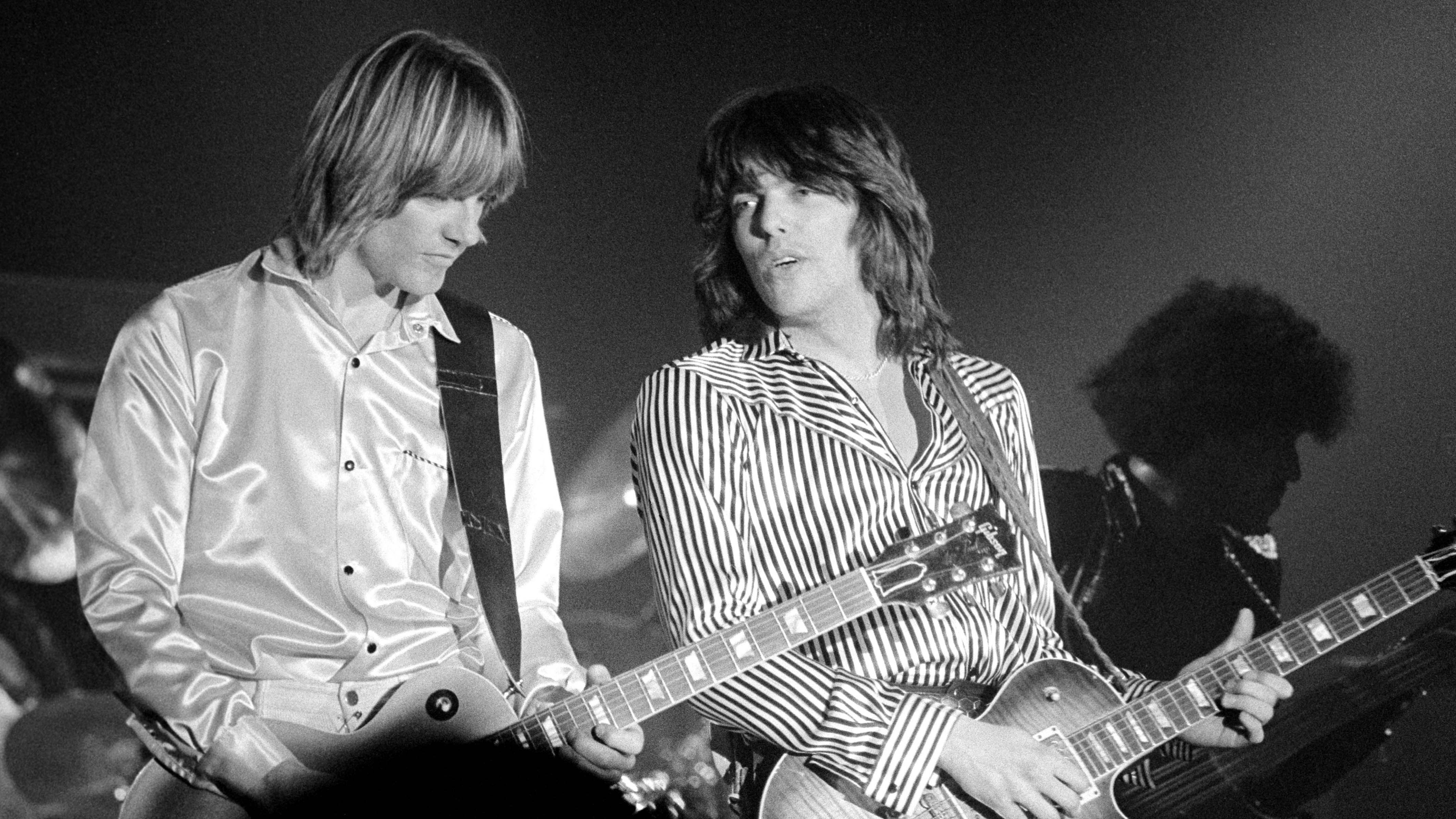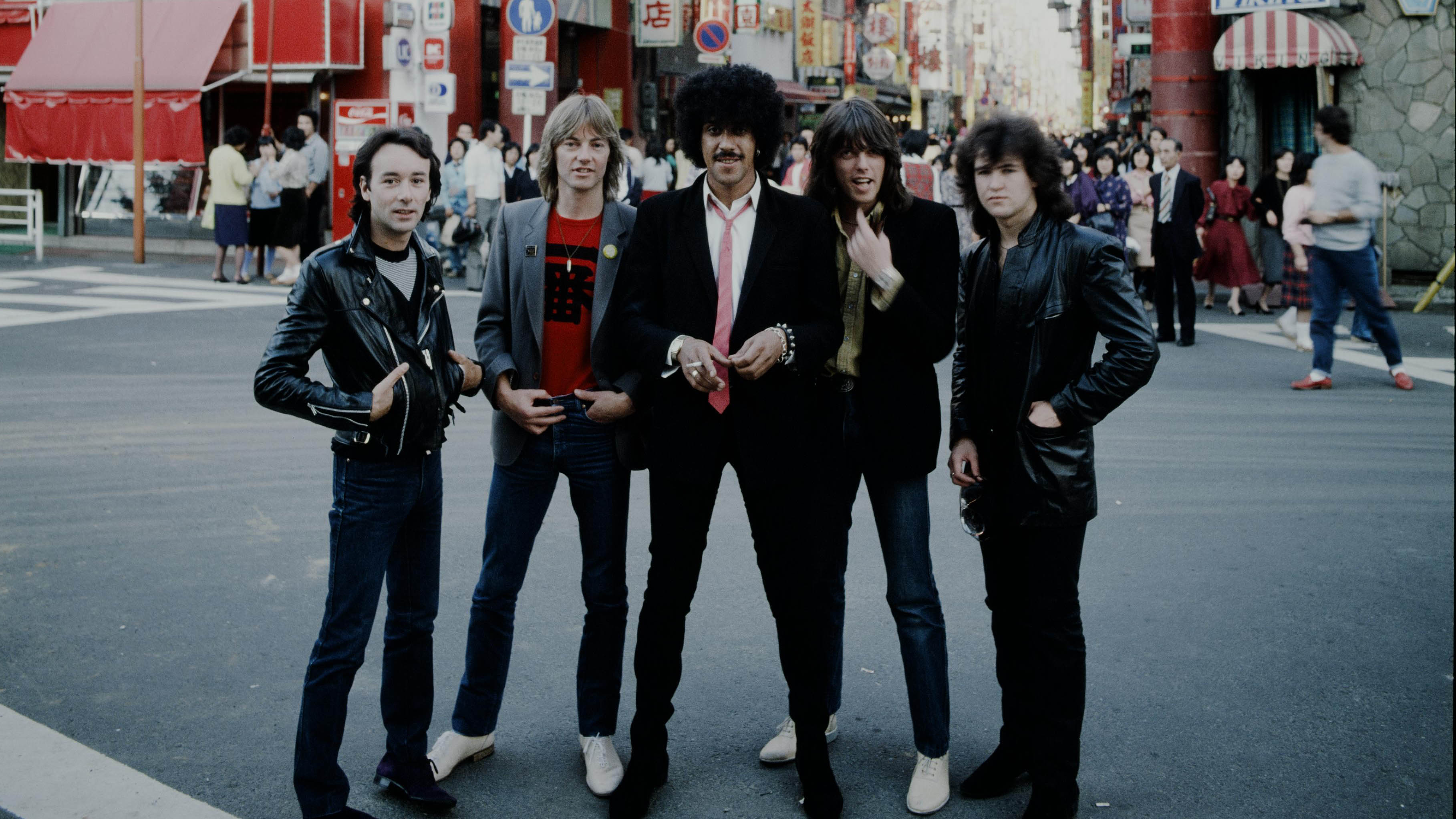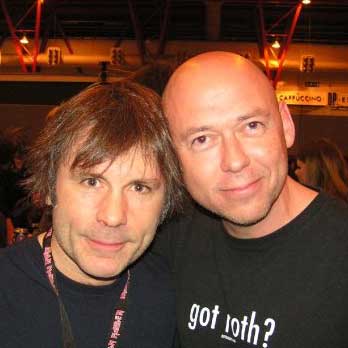“I was sort of hot in those days!”: The guitarist who had the cojones to replace Gary Moore in Thin Lizzy - and the chops to play alongside David Gilmour in Pink Floyd.
Snowy White on filling some very big shoes in 1980

On this day (10 October) in 1980, Thin Lizzy’s album Chinatown was released. It was the band’s first record with guitarist Snowy White. And as the replacement for Gary Moore, the new guy certainly had some big shoes to fill.
Gary had played brilliantly on Lizzy’s 1979 album Black Rose during his third and final stint in the band. And certainly, his lightning-fast technique and explosive power was a kick in the backside for Lizzy’s other guitarist, Scott Gorham.
Lead guitar harmonies had become a key part of Lizzy’s sound in the years when Scott had played alongside Brian Robertson on classic tracks such as The Boys Are Back In Town, Cowboy Song, Wild One and Emerald.
But during the Black Rose sessions, Gary took things up a notch - especially when he pulled off a blistering high-speed lead break for the song Waiting For An Alibi. As Scott recalled with a laugh: “I went, ‘F*ck me, Gary – do you think I’m supposed to do a harmony to that? F*ck you!’ He said, ‘Oh no, I’ll do it.’ And I said, ‘Thank f*ck for that!’”
So after Gary quit Thin Lizzy during the Black Rose tour - dismayed by the self-destructive behaviour of frontman Phil Lynott and his partner in crime Scott Gorham - he was always going to be a hard act to follow.
The Black Rose tour was completed with two temporary stand-ins. First, Lynott’s friend Midge Ure, the singer of Ultravox, who would later call himself “the worst guitar player Thin Lizzy ever had”. And then Dave Flett, who had worked with Manfred Mann’s Earth Band.
But in December 1979, Snowy White became the new guitarist in Thin Lizzy, and in his own laidback way he had no fears about taking the place of Gary Moore. Snowy, like Gary, was a blues player at heart, and in the early ’70s he had gigged and recorded with former Fleetwood Mac legend Peter Green, who became a close friend. What’s more, when Snowy signed up for Thin Lizzy he was still working with Pink Floyd as second guitarist to David Gilmour on The Wall tour.
Want all the hottest music and gear news, reviews, deals, features and more, direct to your inbox? Sign up here.

Snowy was swimming with the big fish, unfazed at joining one of the leading rock bands of the time. And on the Chinatown album he hit the ground running, co-writing three songs including the dynamic title track on which he nailed a solo as fiery as any that Gary Moore had played on Black Rose.
As Snowy recalled in an interview with EonMusic: “I just did that [solo] in one take. I was younger then, and I could do that sort of thing! I was sort of hot in those days with my playing, and I just lashed down a solo with a bit of passion, and it was alright!”
Snowy went on to make one more album with Thin Lizzy, 1981’s Renegade, again co-writing the title track, one of the best late-period Lizzy songs, and also a playful, funky little tune called Fats which showcased his versatility as a writer and player.
Snowy resigned from Thin Lizzy for the same reasons that Gary Moore had. But in a turbulent period he was solid as a rock. And those great songs, Chinatown and Renegade, are two of Thin Lizzy’s very best.

Paul Elliott has worked for leading music titles since 1985, including Sounds, Kerrang!, MOJO and Q. He is the author of several books including the first biography of Guns N’ Roses and the autobiography of bodyguard-to-the-stars Danny Francis. He has written liner notes for classic album reissues by artists such as Def Leppard, Thin Lizzy and Kiss. He lives in Bath - of which David Coverdale recently said: “How very Roman of you!”
